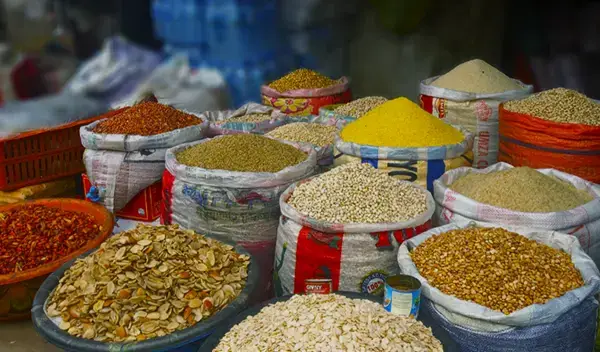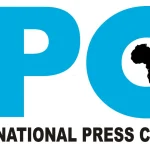
Nigeria’s inflation rate in September 2024 rose to 32.70 per cent, an increase from 32.15 per cent in August. This is according to data from the National Bureau of Statistics (NBS). NBS Consumer Price Index (CPI) report showed that the rise was driven by higher transportation and food costs, following petrol price hikes earlier in the month.
Compared to last year’s period, when inflation stood at 26.72 per cent, the rate surged by 5.98 percentage points. Month-on-month, inflation grew by 2.52 per cent in September. This is up from 2.22 per cent recorded in August.
Food prices also saw significant increases, with inflation reaching 37.77 per cent, up from 30.64 per cent in September 2023. The rising costs of oils, meats, and beverages contributed to the hike. The food inflation rate for September was 2.64 per cent, slightly higher than the 2.37 per cent recorded in August.
Core inflation, which excludes energy and agricultural products, rose to 27.43 per cent year-on-year. This is higher compared to 21.84 per cent in September 2023. While core inflation saw some easing month-on-month, dropping to 2.10 per cent from 2.27 per cent in August, the overall trend shows ongoing pressure on prices.
Urban inflation reached 2.67 per cent in September, a rise from the 2.39 per cent recorded in August. Rural inflation also increased to 2.39 per cent, up from 2.06 per cent the previous month. These figures reflect the growing cost of living in Nigeria as petrol prices continue to push inflation upward.
Read: Nigerian Lawmakers Use Hard Drugs and Support Dealers – Senator Kawu
About The Author
Related Articles
The AFCON Final in Morocco and the Controversies That Followed
The Africa Cup of Nations final between hosts Morocco and Senegal ended...
ByWest Africa WeeklyJanuary 20, 2026Mali’s Transition Leader Attends Swearing-In of Guinea’s President Mamadi Doumbouya
Mali’s President of the Transition, General Assimi Goïta, represented the country in...
ByWest Africa WeeklyJanuary 19, 2026Malian Army Conducts Successful Surveillance Operation in Mopti Region
The Malian Armed Forces have carried out a successful territorial surveillance operation...
ByWest Africa WeeklyJanuary 19, 2026Niger’s Security Forces Record Major Gains Against Armed Groups
Niger’s Defence and Security Forces have reported significant results following a week...
ByWest Africa WeeklyJanuary 19, 2026













Leave a comment